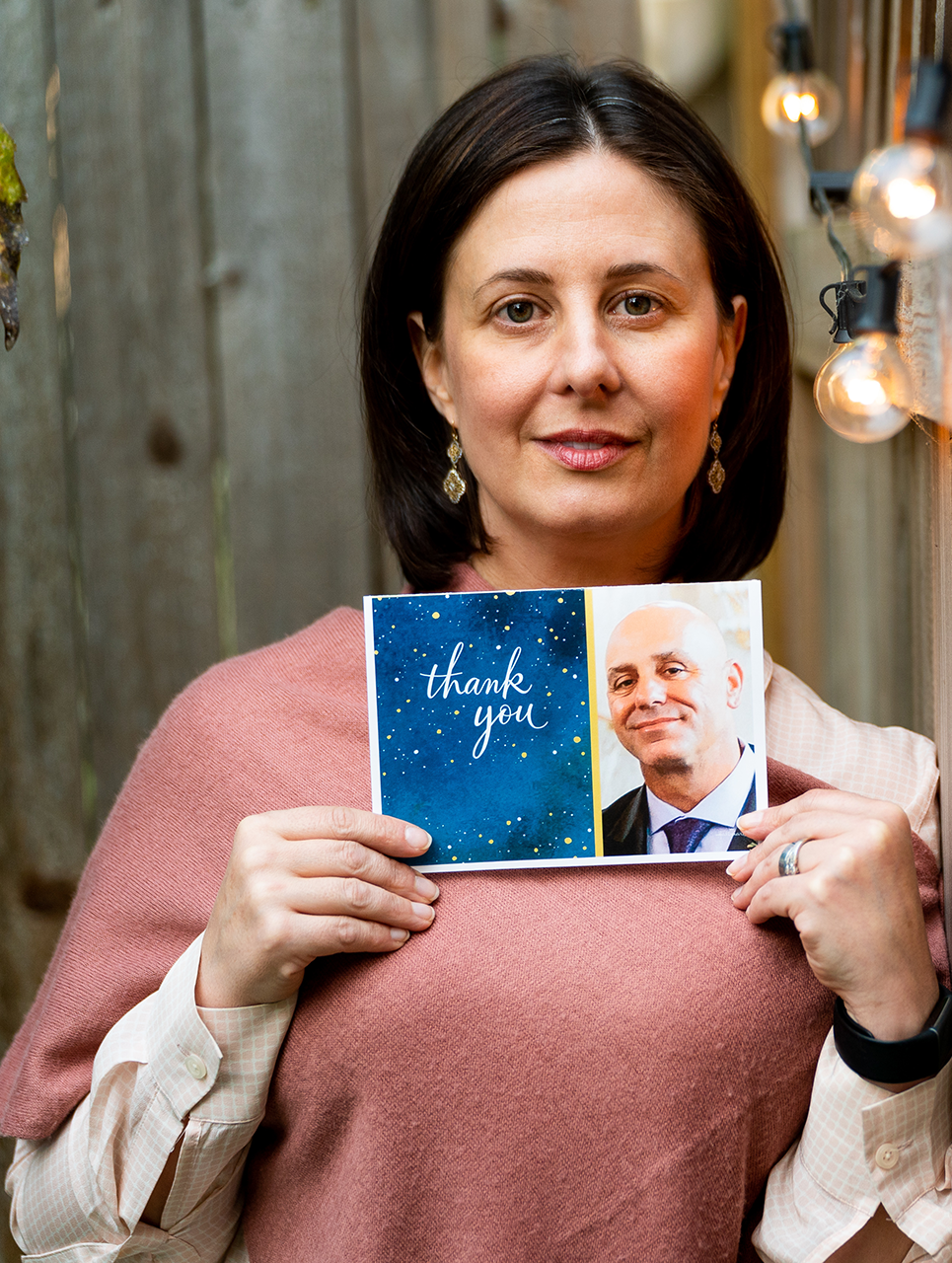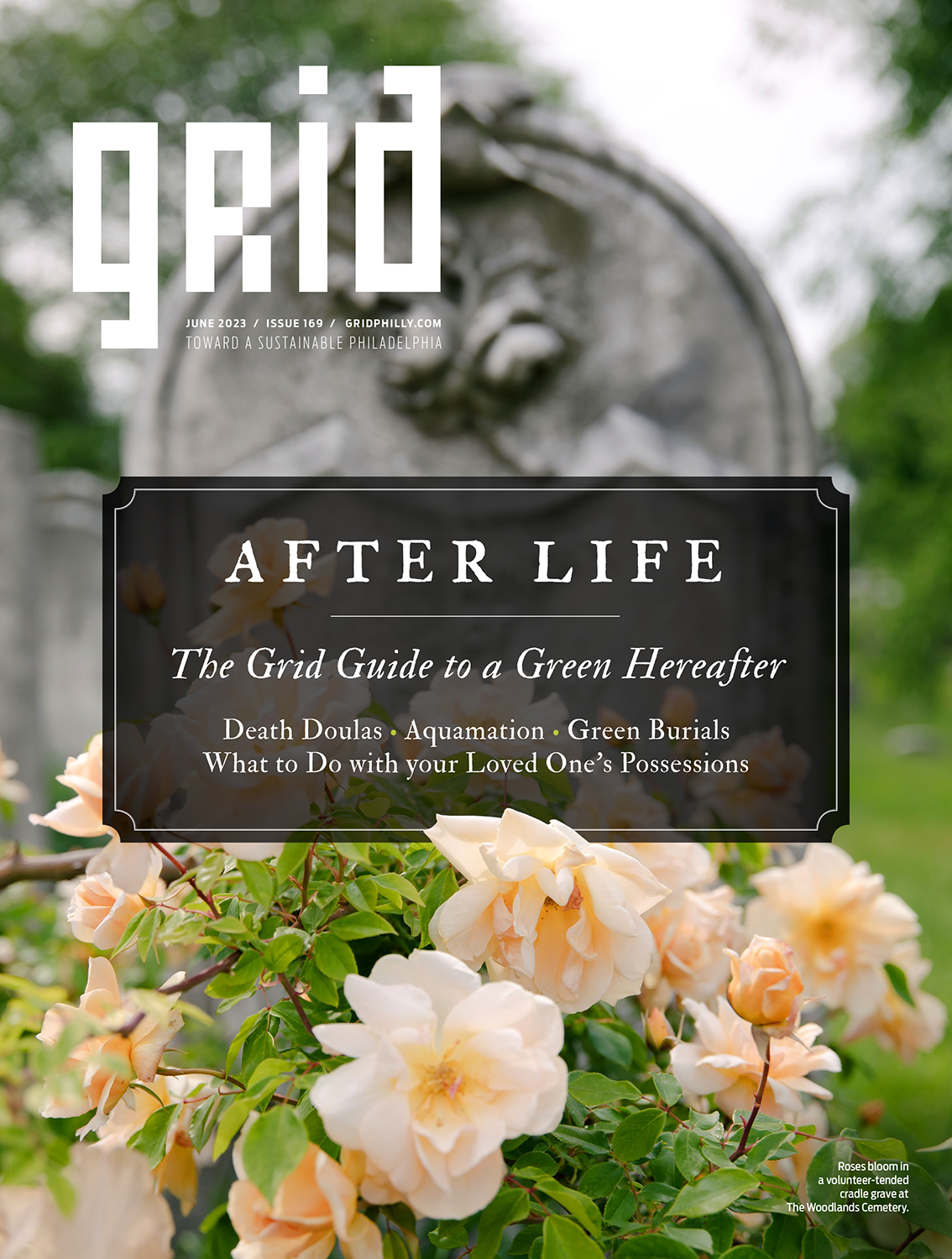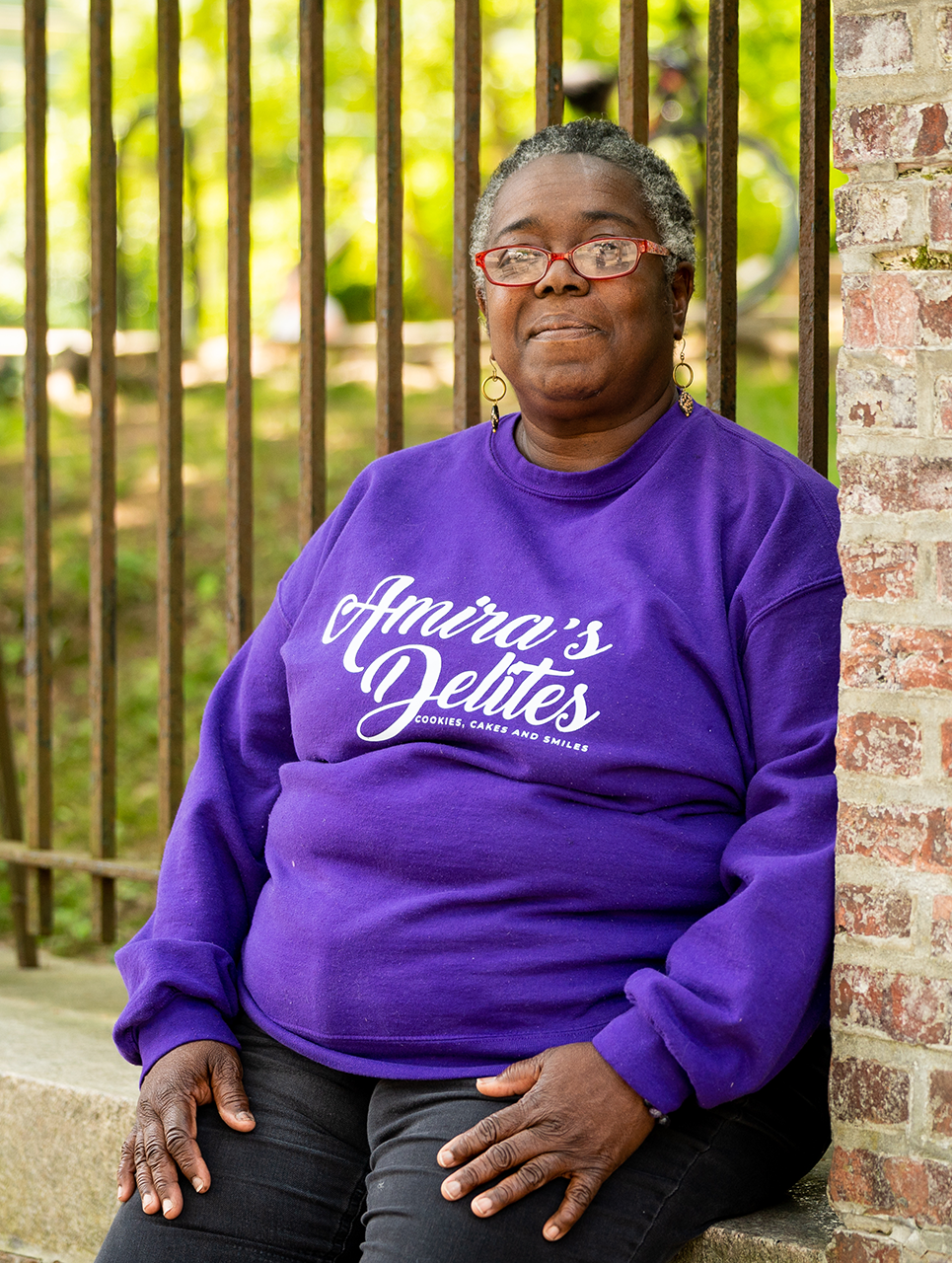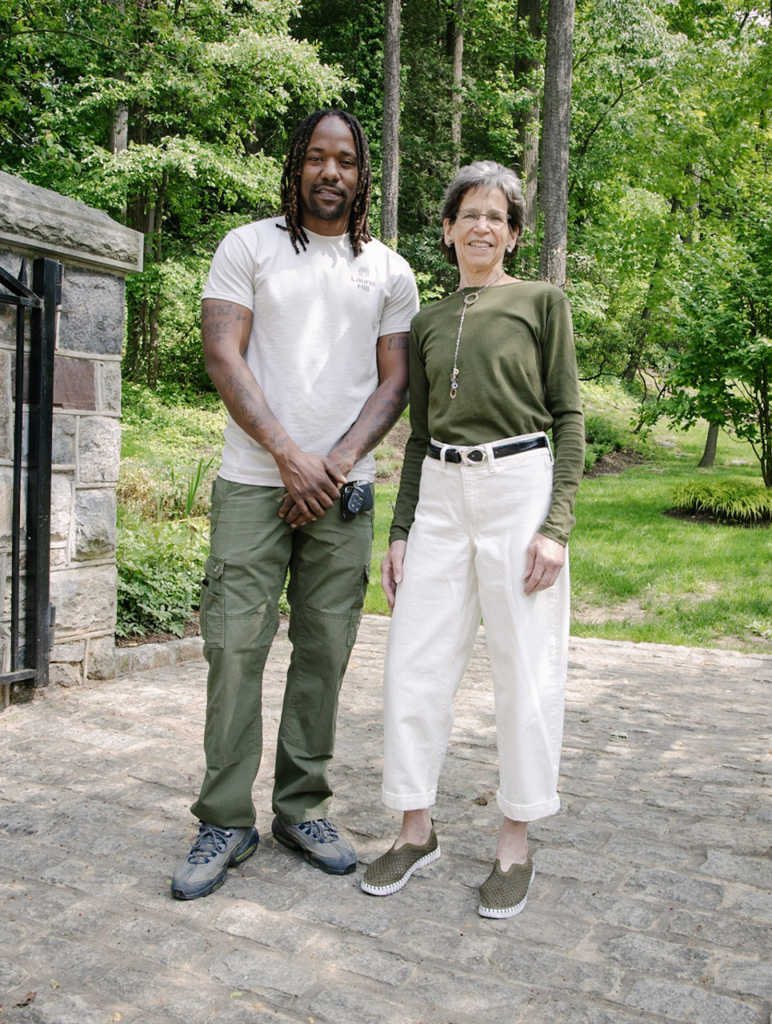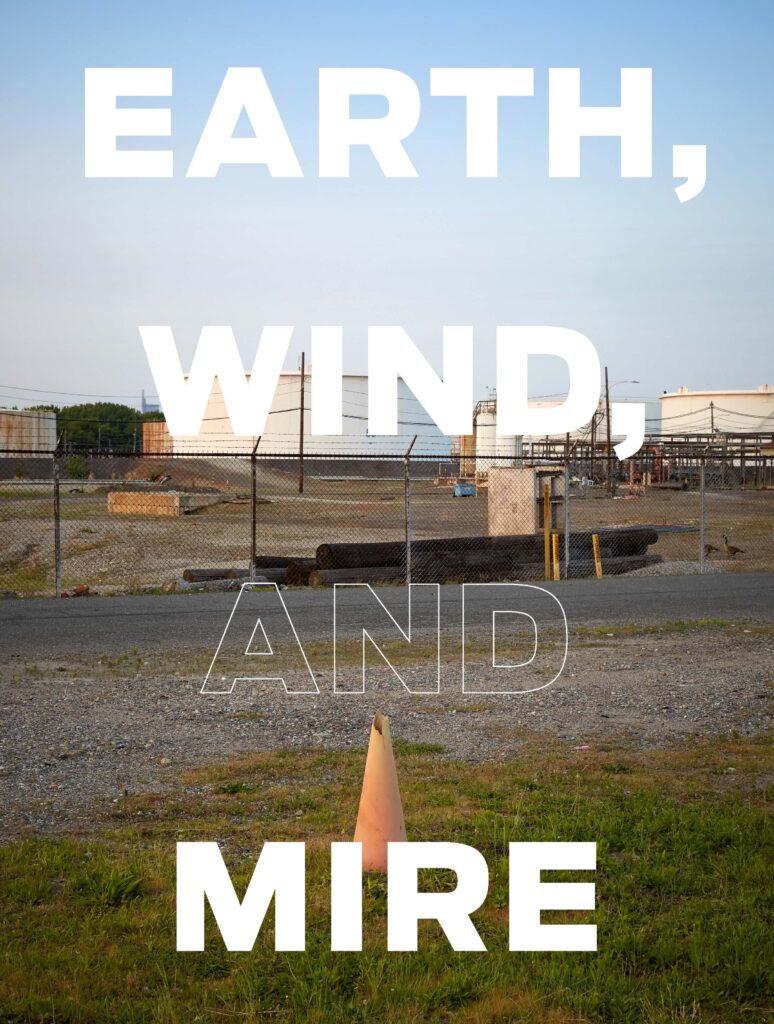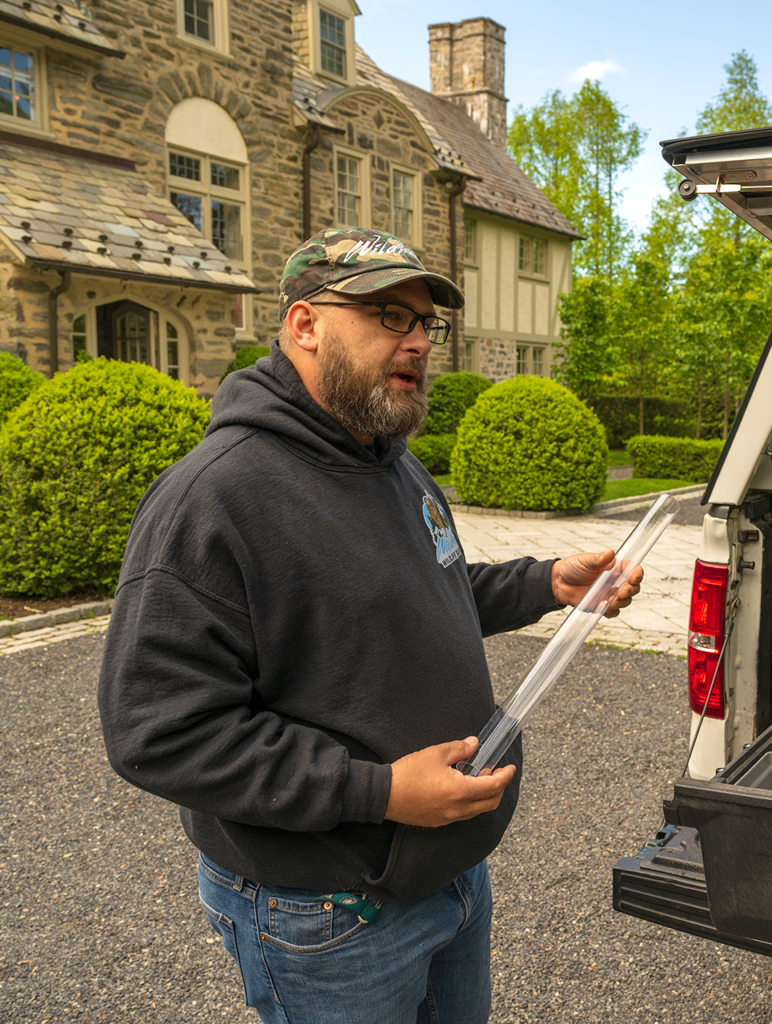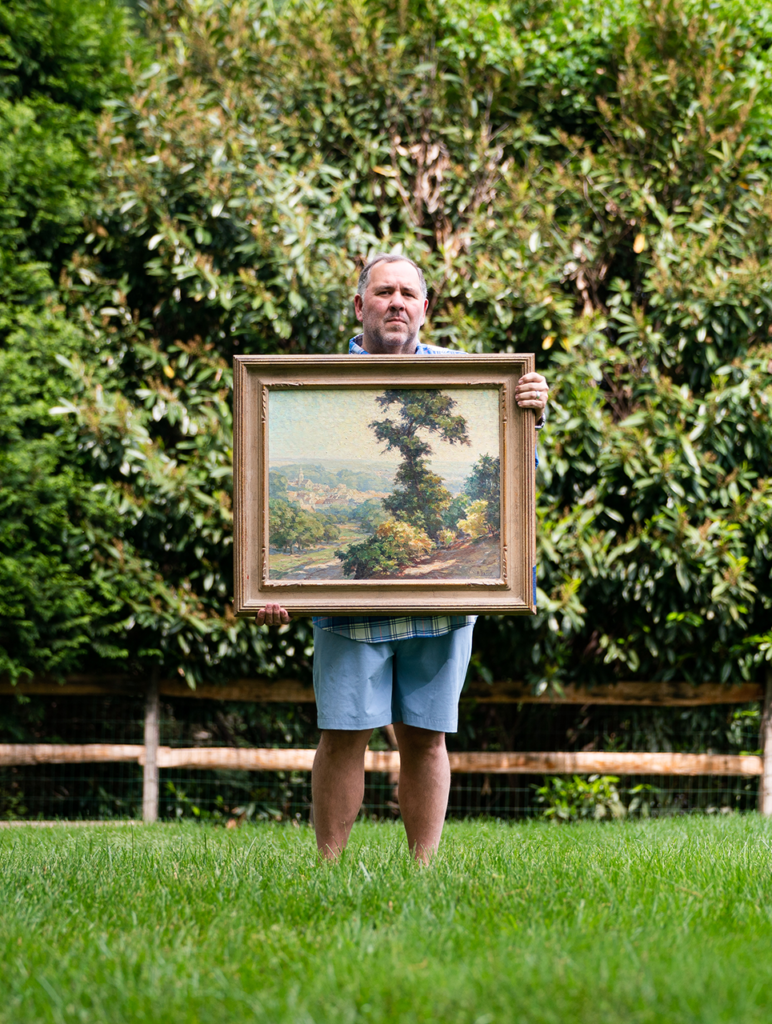Kai Wonder was preparing for graduate school when everything changed. Just as they were getting ready to pursue a master’s degree in social work, their mother was diagnosed with terminal cancer. She was given less than a year to live.
In the process of grappling with their anxiety about death, Wonder began to research the options for the months ahead and came across a training to become a death doula — a guide for the end of life. They ultimately brought in another doula to support their mother and the family through the process of dying and all it entails, but the experience set them on a new path. Now, several years later, after completing the M.S.W., Wonder is a member of the Philly Death Doula Collective, providing for other families the same care and consideration that brought comfort to their mother’s last days.
In doing so, Wonder is part of a growing movement of people working to reclaim death as a sacred part of life and restore methods of navigating the experience that have been lost to America’s industrialized medical system.
“Historically, families did this type of work. It wasn’t professionalized. There didn’t have to be a death-positive movement,” Wonder, a self-described “grief advocate,” says. “This was communal, holistic, organic care that happened in your small little world. What I learned in my grieving was that this stuff isn’t talked about and it’s not modeled.”
More than 90% of Americans think it’s important to discuss their loved ones’ and their own end-of-life wishes, but only about one-third have actually done so, according to research from The Conversation Project, an initiative from the Institute for Healthcare Improvement that encourages more people to think about and share their plans for a good death. End-of-life doulas help individuals and families overcome the barriers to some of the most difficult conversations they’ll ever have, offering a combination of logistical support and companionship that can help people die on their own terms.
“So much of what we’re trying to do at the Collective is get this conversation about death and what matters at the end of life into people’s living rooms and everyday talk,” Wonder says.
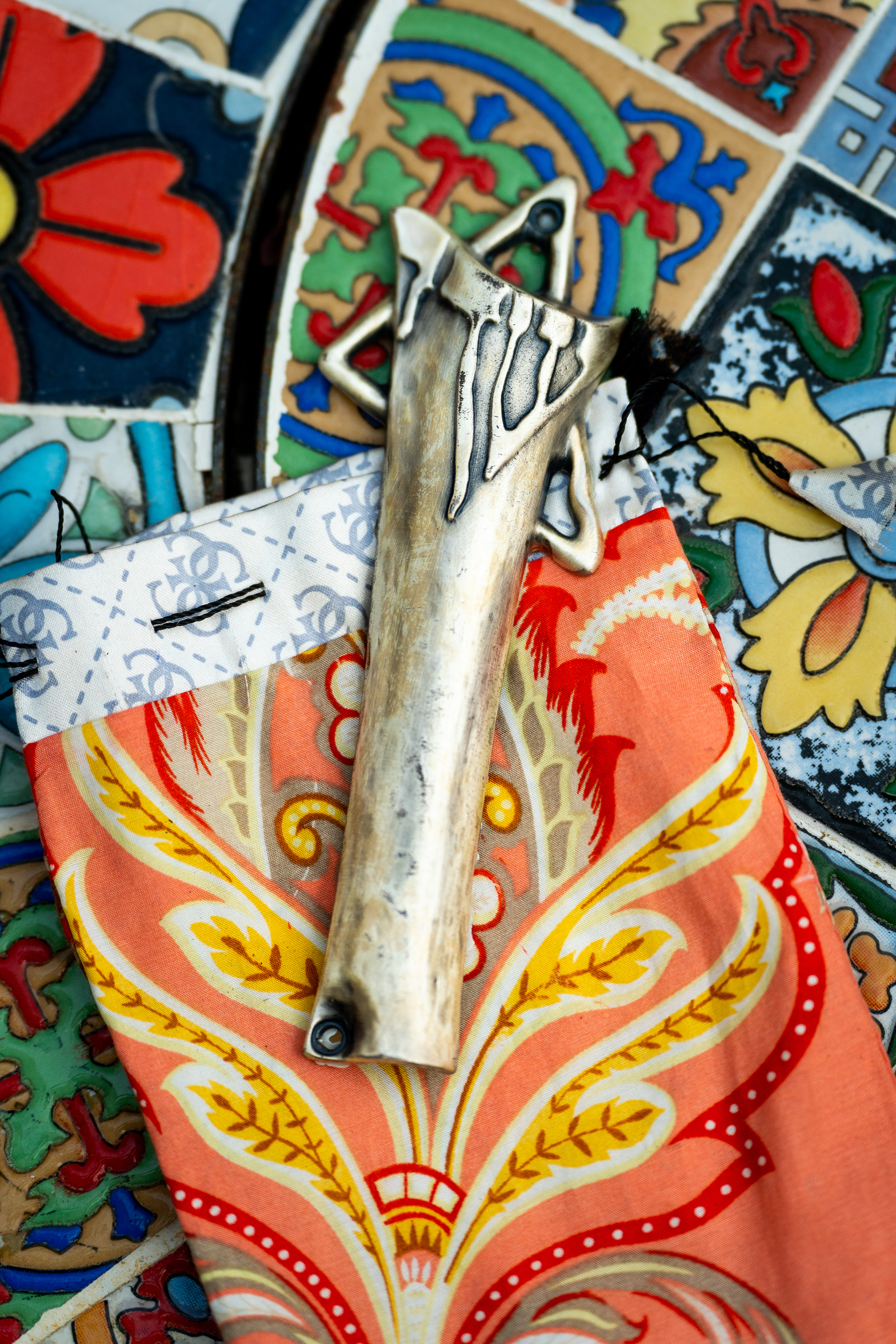
Doulas are more commonly associated with the birthing process, where they have been proven to reduce trauma and improve the welfare of mothers and babies, but death workers like Wonder are increasingly bringing the same attentive approach to the end of life. The International End-of-Life Doula Association (INELDA) has trained more than 5,600 individuals, including Wonder, to help people develop advance care directives, plan their own funerals, create legacy projects, approach emotional conversations and confront mortality. INELDA is just one of many organizations that offer training; approaches vary from spiritual to clinical to academic.
Work of this sort has been done by family and community members across cultures for eons, INELDA’s executive director, Doug Simpson, says. But over time — and especially in the U.S. — the experience of caring for the dying has been shunted on the health care system. He is part of a movement seeking to walk back that shift by returning to the way things once were.
“Death became part of living. Living became part of death. And we’ve gotten removed from that,” Simpson says. “Bringing death back into the home is a way to open up our willingness to sit with death.”
Jamie Eaddy, a reverend and theologian who has spent more than 20 years “journeying” with people at the end of life, as she calls it, says death is “not so much a medical event but a biological one.” With that in mind, she wants to reclaim the experience from the medical system and explore what it means to “bring it back to the people.” At Thoughtful Transitions, her Philadelphia-based company, she offers doula services and grief support, as well as consultation and education, often working with marginalized communities that bear the brunt of a more institutionalized approach to care.
During the pandemic, she saw a surge in people training to become end-of-life guides, motivated by the sense that everyone was being touched by death.
“We aren’t intended to live forever. What does it mean to think about that differently — to sit with the fact that we are temporary beings here?” Eaddy says. “That is something that I think folks are starting to think about more and more.”
The hope is we’re normalizing this so people are able to make choices based on what matters to them, as opposed to fear or panic.”
– Kai Wonder, death doula
Like many other doulas, she wants to offer something more than a “last days, last-moments-after-diagnosis” service, she says. While doulas often sit with clients in their final hours — or help prepare family members to do the same — they are sometimes called in before death is on the doorstep, when they can share their knowledge about the process of dying without the weight of its immediacy hanging over a family.
“The hope is we’re normalizing this so people are able to make choices based on what matters to them, as opposed to fear or panic,” Wonder says.
Belle Sandella, an end-of-life doula in the Philadelphia region, was a cardiac and telemetry nurse for years but never felt like it was the right fit for her. She regularly found herself spending too much time in patients’ rooms, she says. After offering support to a cousin who died of brain cancer, she was inspired to take INELDA’s training and has discovered a newfound comfort working with people preparing for death.
Sandella serves as a project manager of sorts, she says, providing emotional support while also helping clients and their families identify everything that’s needed — and who can provide it — in the dying process. She urges people to have these difficult conversations before it’s too late, because “knowledge is power” — and often the difference between a beautiful death and a traumatic one.
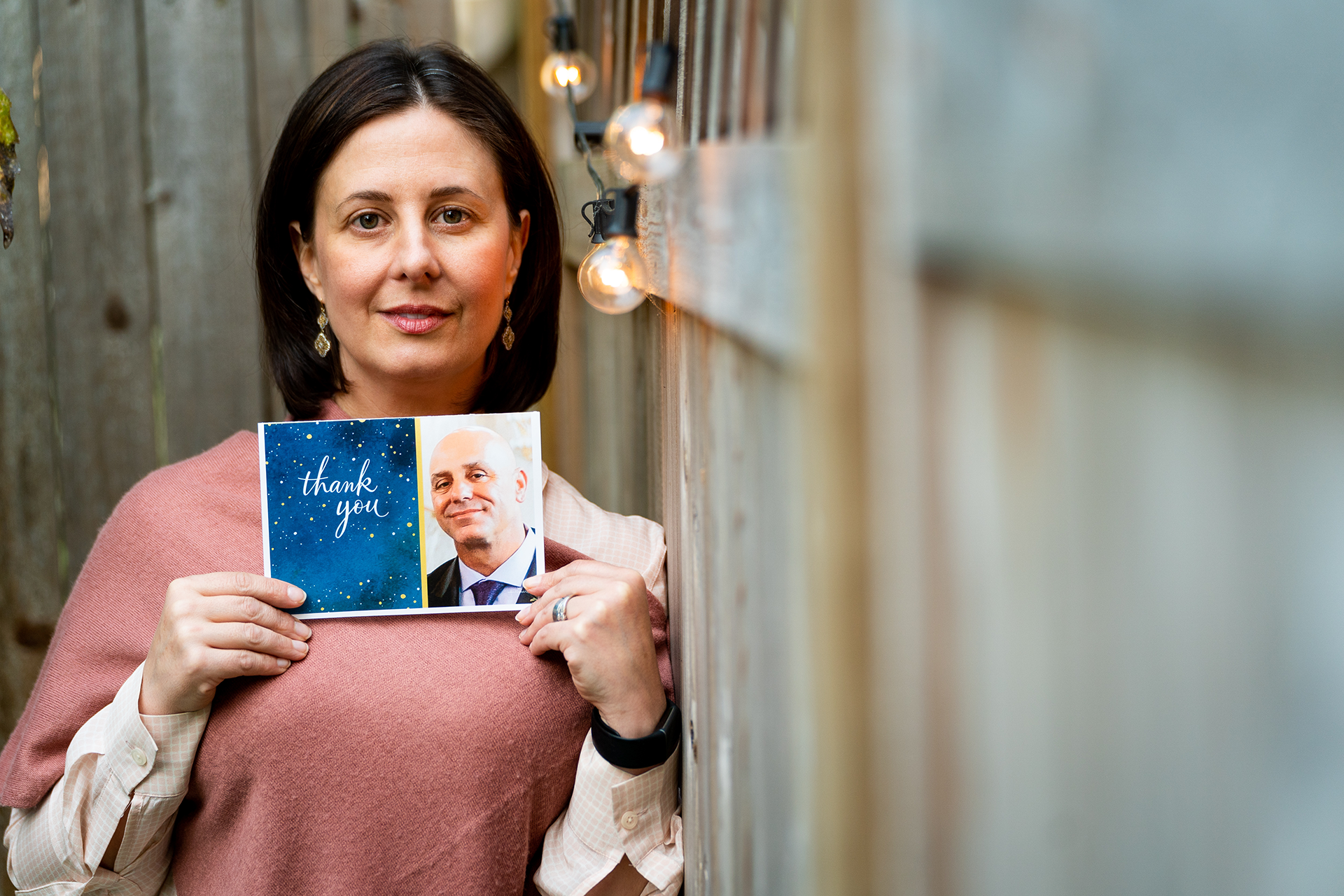
picture of the late cousin who inspired her career.
For Wonder, planning for what’s to come is a gift to those who will be left behind, a burden that can be lifted so that a passing can be met with all the meaning and significance it deserves.
“Death matters,” Wonder says. “It’s just as important as all the other transitional moments in life.”


